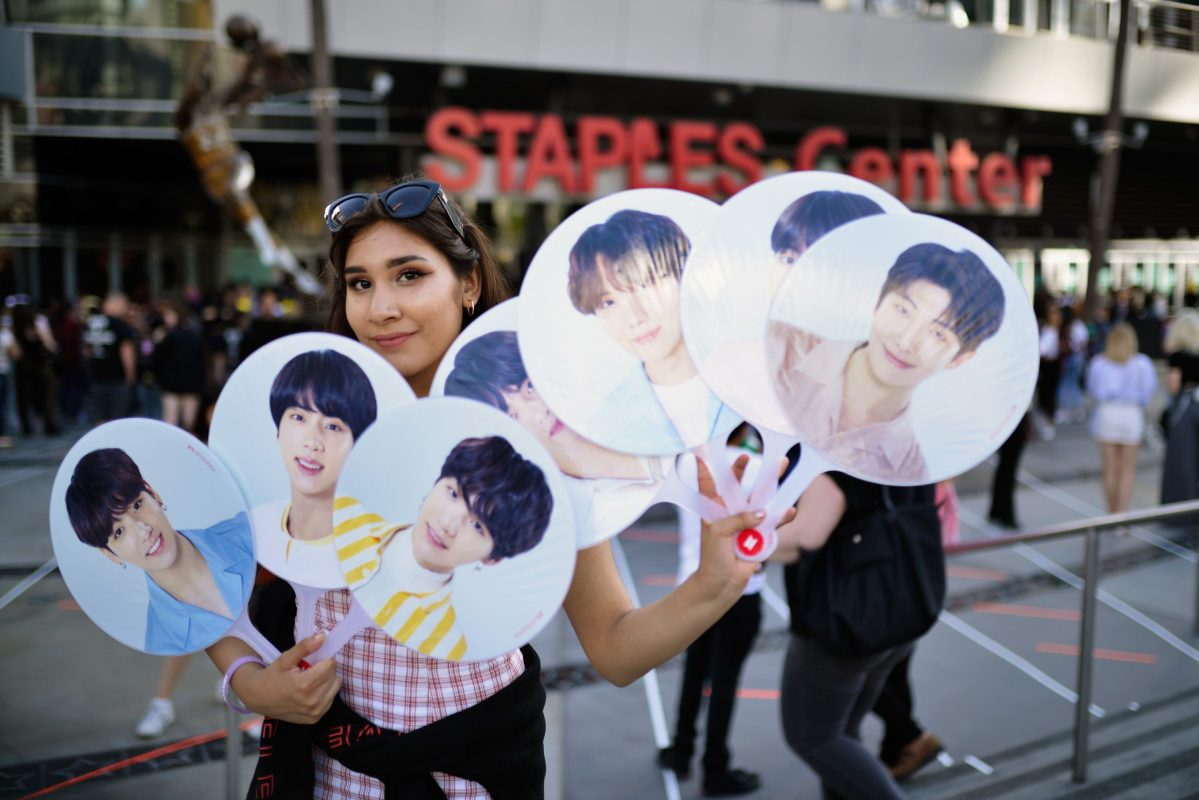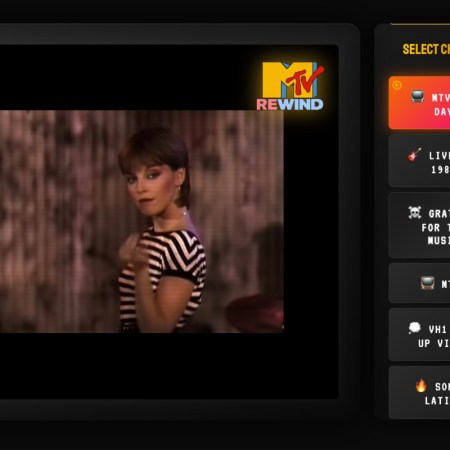Even if you’re not a Taylor Swift fan, you’re likely aware of her large contingent of highly devoted fans who are more than willing to buy anything and everything she puts out, whether it’s a $19 cassette they likely don’t even have a way of listening to, a special deluxe edition of a record they already own or the infamous folklore cardigan.
But Swift isn’t the only artist who has been able to monetize the devotion of her legion of fans. Pop superstars like Ariana Grande and Demi Lovato and Korean boy band BTS — who reportedly released a whopping 51 products between January and September of last year — have relied on an increasing amount of limited-edition merch, collector’s items and VIP concert experiences as a significant portion of their income. But as a new Wall Street Journal piece points out, superfans who often feel pressured to get their hands on every new release as a way of proving their love of a particular artist are getting fed up with the seemingly endless amount of expensive new products.
On one hand, it makes sense that artists would place such an increased focus on rare merch and VIP meet-and-greets catered towards their diehard fans. In the age of streaming, where one no longer needs to purchase a record in order to hear it, there’s much less money to be made from casual fans. Album sales, which already make up a smaller portion of most musicians’ revenue than live performances and merch, are in decline. And while massive pop stars like Swift certainly aren’t strapped for cash, they’ve all taken a significant financial hit recently due to the COVID-19 pandemic wiping out any and all touring opportunities. Cash grabs like deluxe-edition album releases are no-brainers because they’re aimed at an artist’s devoted base — in other words, the fans most likely to actually spend money.
But while we’re seeing more and more of this from pop stars with Gen Z stans, it’s nothing new. Classic rock artists have been milking their Boomer fans for every penny they’ve got for some time now, whether it’s by putting out massive 50th anniversary box sets and reissues of their most beloved albums or charging $1600 for a three-day VIP pass to 2016’s Desert Trip festival (jokingly dubbed “Oldchella”). The only difference is that older music fans with more disposable income than say, a teenaged BTS fan, are more likely to pay up with no questions asked. What’s another $50 Rolling Stones T-shirt to someone from a generation with 12 times the net worth of the average millennial?
“I feel sad when I see other younger ‘stans’,” 23-year-old K-pop fan Nia Tucker told the Journal. “Because I know what that feels like: ‘I can’t afford anything … So am I really a fan?’”
The answer to that, of course, is yes. It’s entirely possible to love a band without shelling out your hard-earned cash for everything they put out. There’s no shame in buying the regular, non-deluxe version of an album or sitting in the nosebleed section at a show. Ultimately, it’s about your relationship to the music, not the material goods being hawked. The idea that you’re not a real BTS fan if you don’t rush out to McDonald’s next month and buy the new “BTS Meal” is asinine, and it’s exactly what everyone in their orbit — the record label and everyone else who stands to profit off of them — wants you to think so that you’ll keep opening your wallet.
As much as we love to talk about the artistry of our favorite groups, it’s important to remember that for as long as it’s been around, the music business has been exactly that: a business. There are people whose entire jobs consist of convincing you that you need to pick up the new ultra-deluxe, special edition version of a record you’ve already purchased three times. And while there’s nothing wrong with doing so if you truly want to, there should be absolutely no pressure on fans who may be on more of a budget to buy it.
This article appeared in an InsideHook newsletter. Sign up for free to get more on travel, wellness, style, drinking, and culture.

























